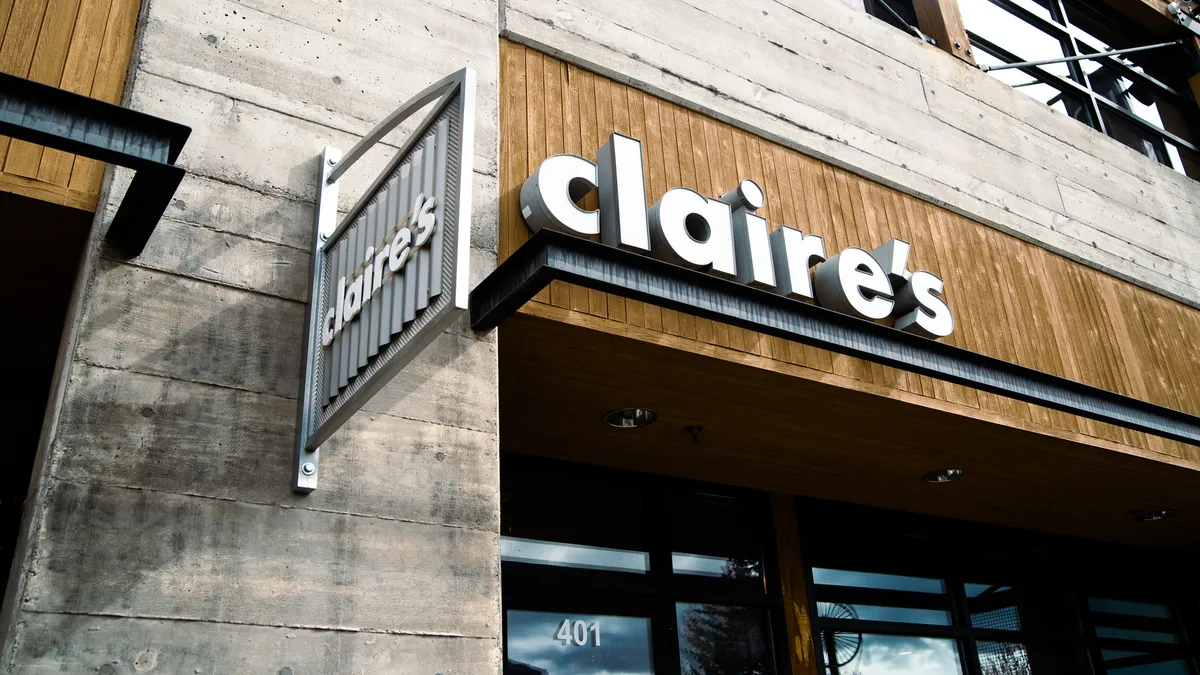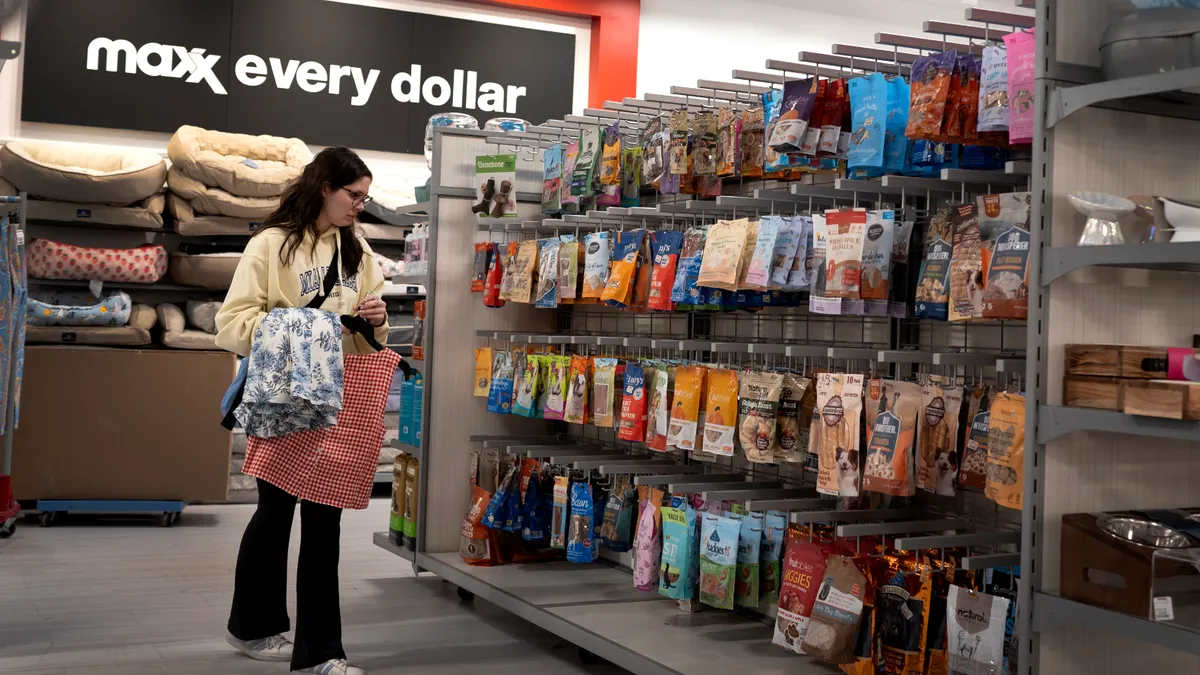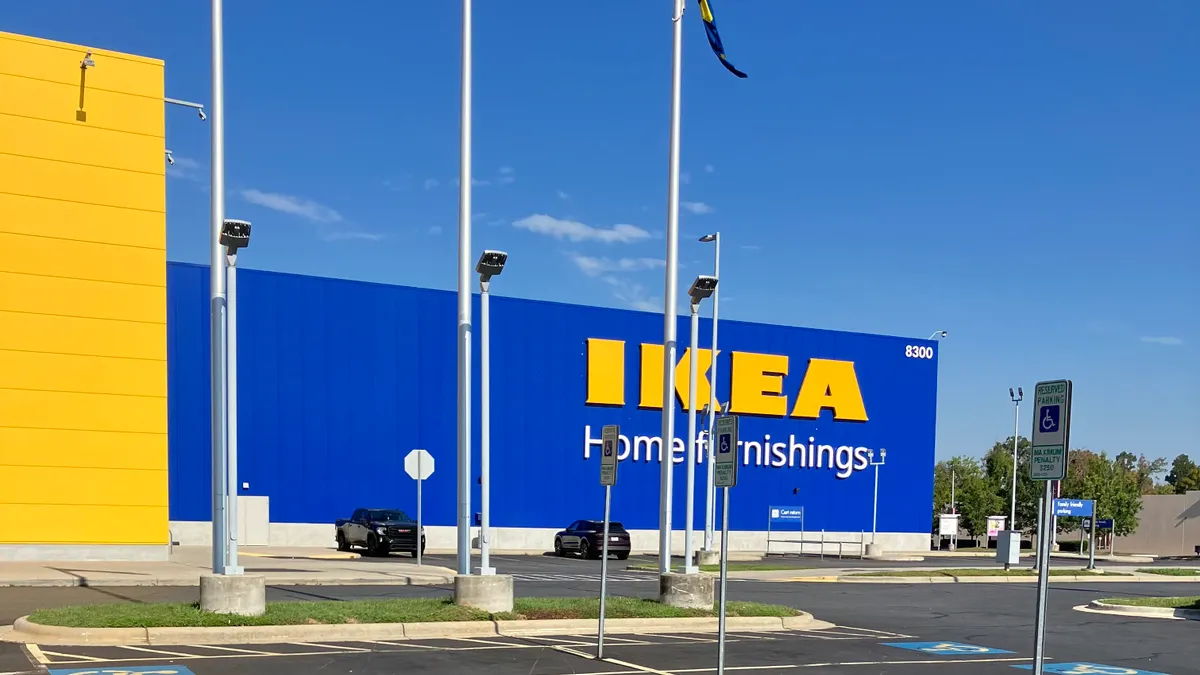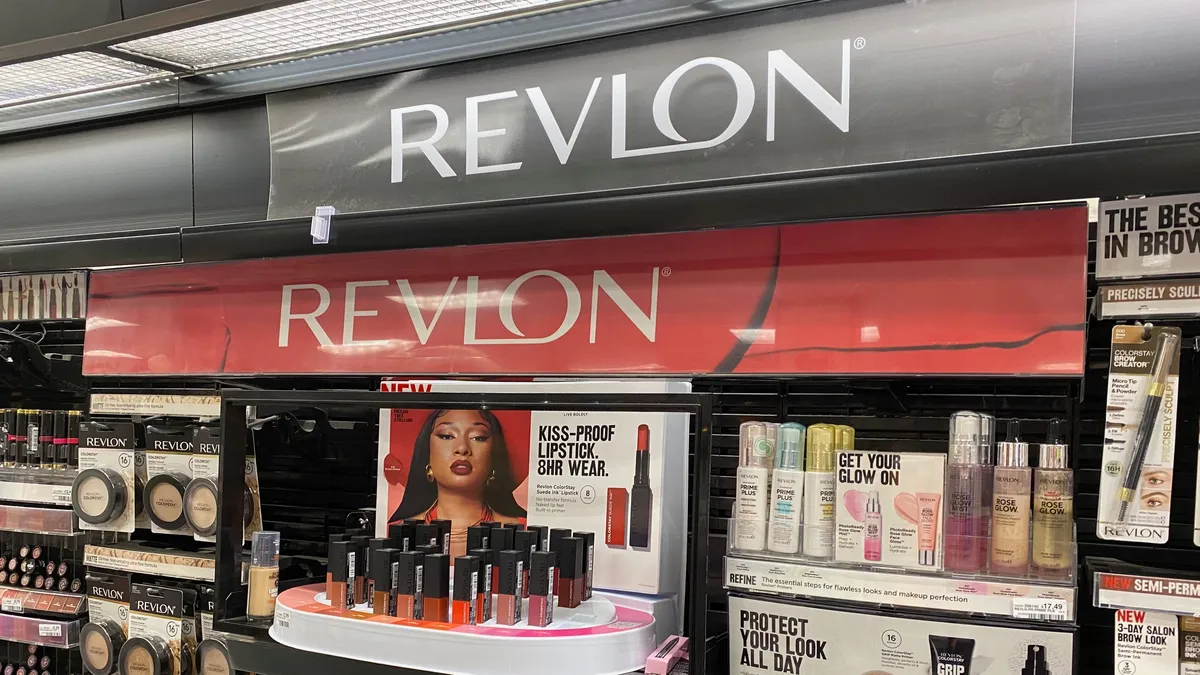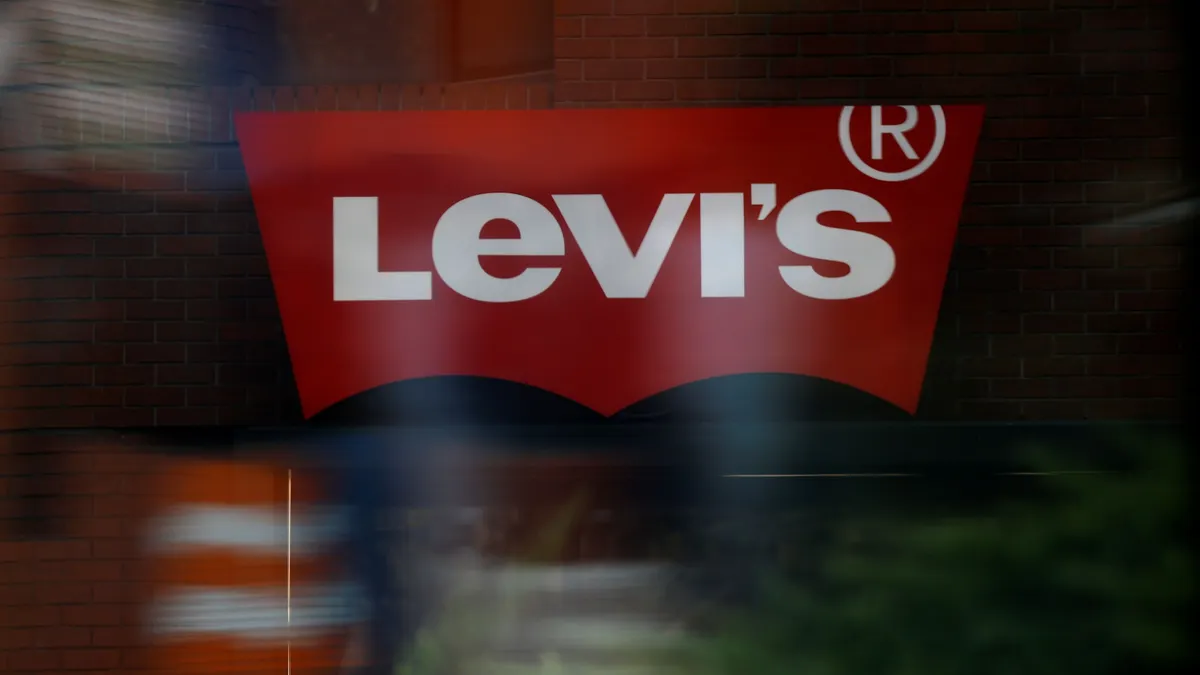Tween retailer Claire’s emits a certain type of mall nostalgia — and its new owners are betting on a comeback.
The company in September was officially acquired by Ames Watson, an investment firm which was founded by Thomas Ripley and Lawrence Berger seven years ago. The firm has since grown its portfolio to include controlling investments in South Moon Under, Lids, Fanzz, Ebbets and more. Ames Watson uses its own capital, as opposed to outside investors, to fund its acquisitions.
Acquiring Claire’s out of bankruptcy marks a new type of business for the investment group, but Berger told Retail Dive that there are still some similarities to its sports-heavy portfolio.
“What we saw in Claire's were a number of things that were very similar to Lids and a number of things that were very different,” he said. “The similarities are: They're in the same malls, they have the same landlords, the stores are about the same size ... Most of the stores are staffed with one or two people.”
While Ames Watson intends to hold a smaller footprint for Claire’s in the U.S. than it previously had, the company is still bullish on the mall as a shopping destination.
“There's no question that, especially coming out of COVID, the mall is an active part of people's lives,” Berger added. “They want to go out. They want to have the experience of walking around and going and getting something to eat and shopping — and parents want to take their kids somewhere. So yeah, we're making a big bet on brick and mortar, and it's challenging, but every business is challenging.”
The Claire’s website doesn’t allow shopping or appointments at this time, though Ames Watson plans to relaunch it in the coming weeks with the ability to book piercing appointments online. However, the e-commerce functionality won’t return until 2026.
For now, the focus is on the store experience, with merchandising and discovery being key.
On the firm’s general turnaround strategy, Berger said there are three main components: improve merchandise, revamp store operations to revolve around customer service and reinvent marketing to connect with the community.
Berger says the core Claire’s target audience is girls around 3 to 15 years old.
“[Claire’s] can be a safe and fun place for kids to get their first and their second piercing,” Berger said. “Secondly, it should absolutely be a place of fun and discovery, right? It's the fun and discovery of finding some very affordable jewelry or finding that piece of jewelry for you and your best friend.”
And with that age group, shopping often involves a parent — a consumer that Ames Watson is hoping to also appeal to.
“The moms are very nostalgic and connected to the brand,” Berger said, adding that while Claire’s won’t be a “mom store,” there is opportunity for the parent to also find, for example, a Claire’s branded hoodie that they can wear to the gym or discover some affordable jewelry.
On the piercing service front, Claire’s is not the only player. In fact, prior to entering its second bankruptcy this year, the company in 2023 attempted to more directly compete with newcomers like Studs in an effort to attract a Gen Z audience.
While Studs and Rowan also provide piercings as a service and affordable jewelry options, the three companies may not be exact competitors.
For example, the average Studs customer is 27 years old and the company doesn’t pierce children under the age of 13, founder and CEO Anna Harman told Retail Dive.
“Studs is in competition with the tattoo parlor,” she said. “When we do customer research and surveying, the alternative to Studs is the tattoo parlor for our customer.”
Claire’s can even help serve a future Studs customer, in Harman’s view.
“My view is that we were always very highly complementary and I'm hopeful in some ways that they reinvigorate the brand, because I think that for a younger audience, Claire's is, and sort of in some ways will forever be, the place to go to get your first piercing.”
The executive added that Studs — which has popularized an approach to multiple ear piercings known as “earscaping” — aims to be a place for customers to get piercings far beyond their second hole.
Rowan, on the other hand, pierces using registered nurses for customers as young as babies.
It currently has 95 stores and is aiming to have 100 by the end of the year, CEO and founder Louisa Schneider told Retail Dive.
“We believe that we could easily have upwards of 500, 750, possibly 1,000 locations in the U.S.,” Schneider said. “And what we have found is that ... when we go into a center, we become the piercing provider of choice. And that is because we're the only company that can pierce babies and 100-year-olds, and we're the only company that has prioritized piercing.”
Correction: This article has been updated to correct a quote by Louisa Schneider.



